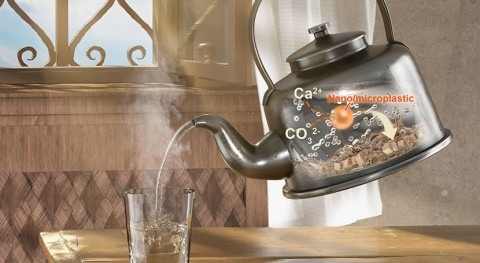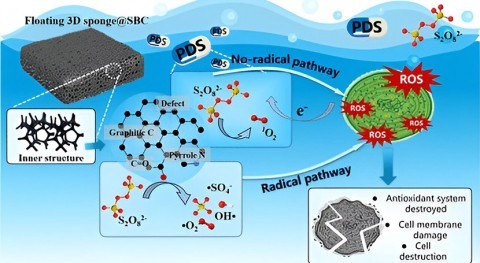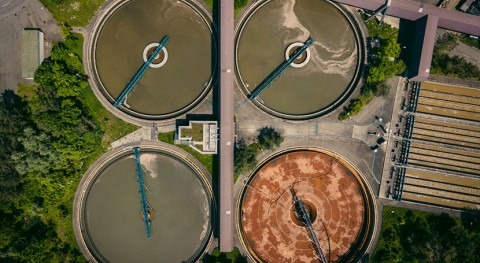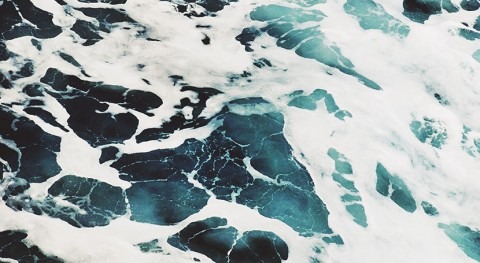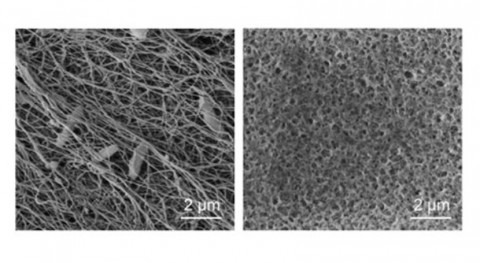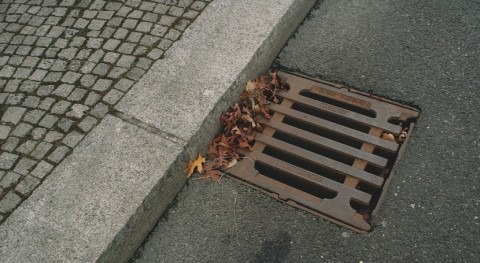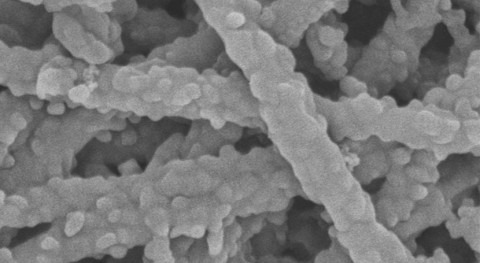With water scarcity intensifying, wastewater treatment and reuse are gaining popularity. But some methods for killing microbes in wastewater create disinfection byproducts (DBPs) that could be harmful to human health. Now researchers have found that ozone treatment and subsequent chlorination can convert trace amounts of some pharmaceuticals in wastewater into DBPs called halonitromethanes. They report their results in Environmental Science & Technology.
The combination of ozone and chlorine kills most bacteria and viruses in wastewater. Compared with chlorine treatment alone, ozone also reduces the formation of many DBPs. Recently, however, scientists have discovered that ozone can increase the formation of potentially toxic halonitromethanes, such as chloropicrin, in chlorine-treated wastewater. Jiaming Lily Shi and Daniel McCurry wanted to determine which molecules in the wastewater were being converted to chloropricin and how.
To find out, the researchers collected wastewater samples from three treatment plants in Southern California. The team discovered that ozone treatment produced nitromethane, which could have been formed from some nitrogen-containing drugs in the wastewater, including stimulants such as ephedrine and methamphetamine and certain antidepressants. Then, chlorination transformed the nitromethane into chloropricin. The pharmaceuticals, which enter wastewater through sewage, are not removed completely by conventional wastewater treatment.
Future work should address how effectively processes that occur after ozone treatment can remove the nitromethane intermediate, the researchers say.




